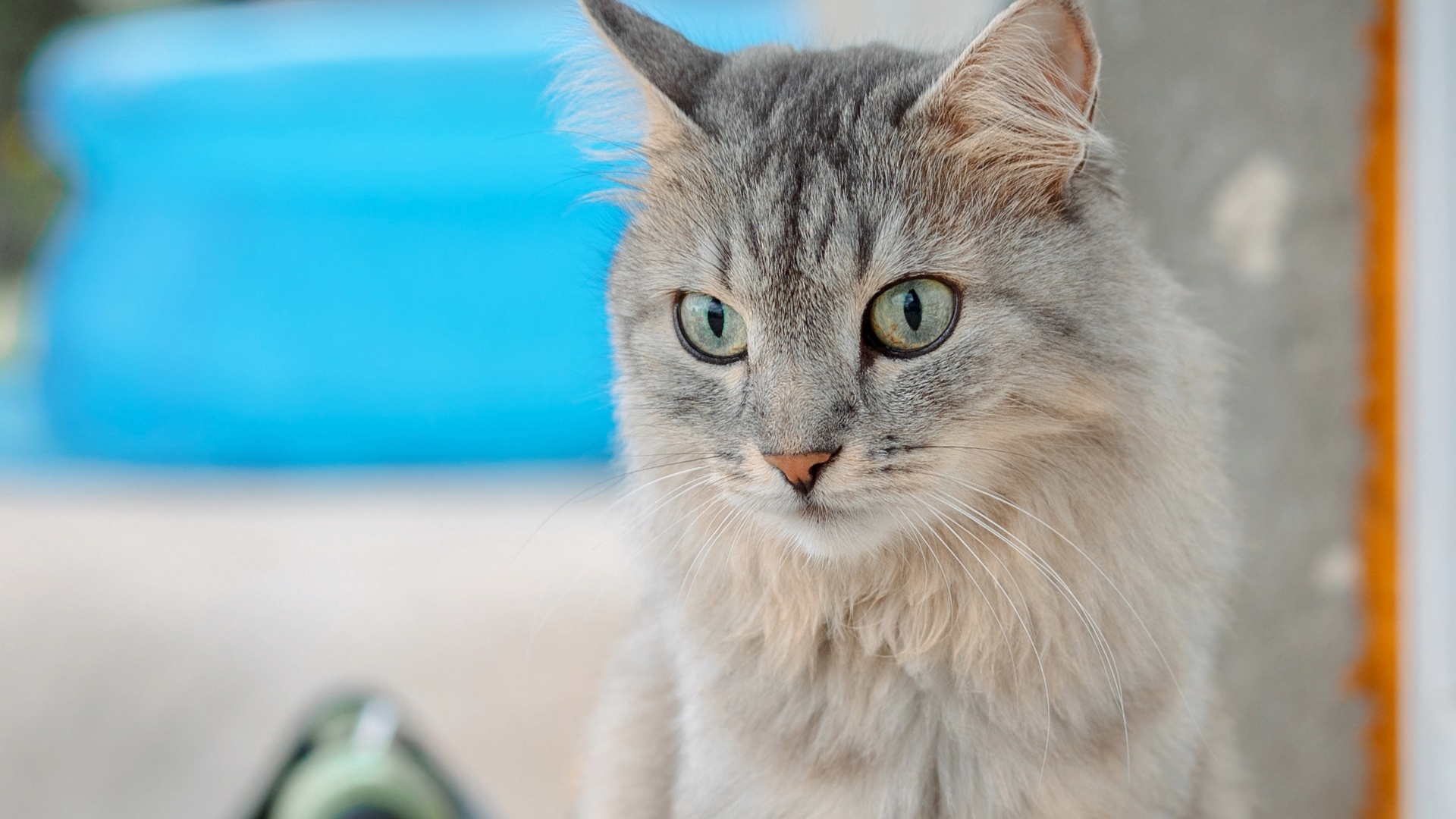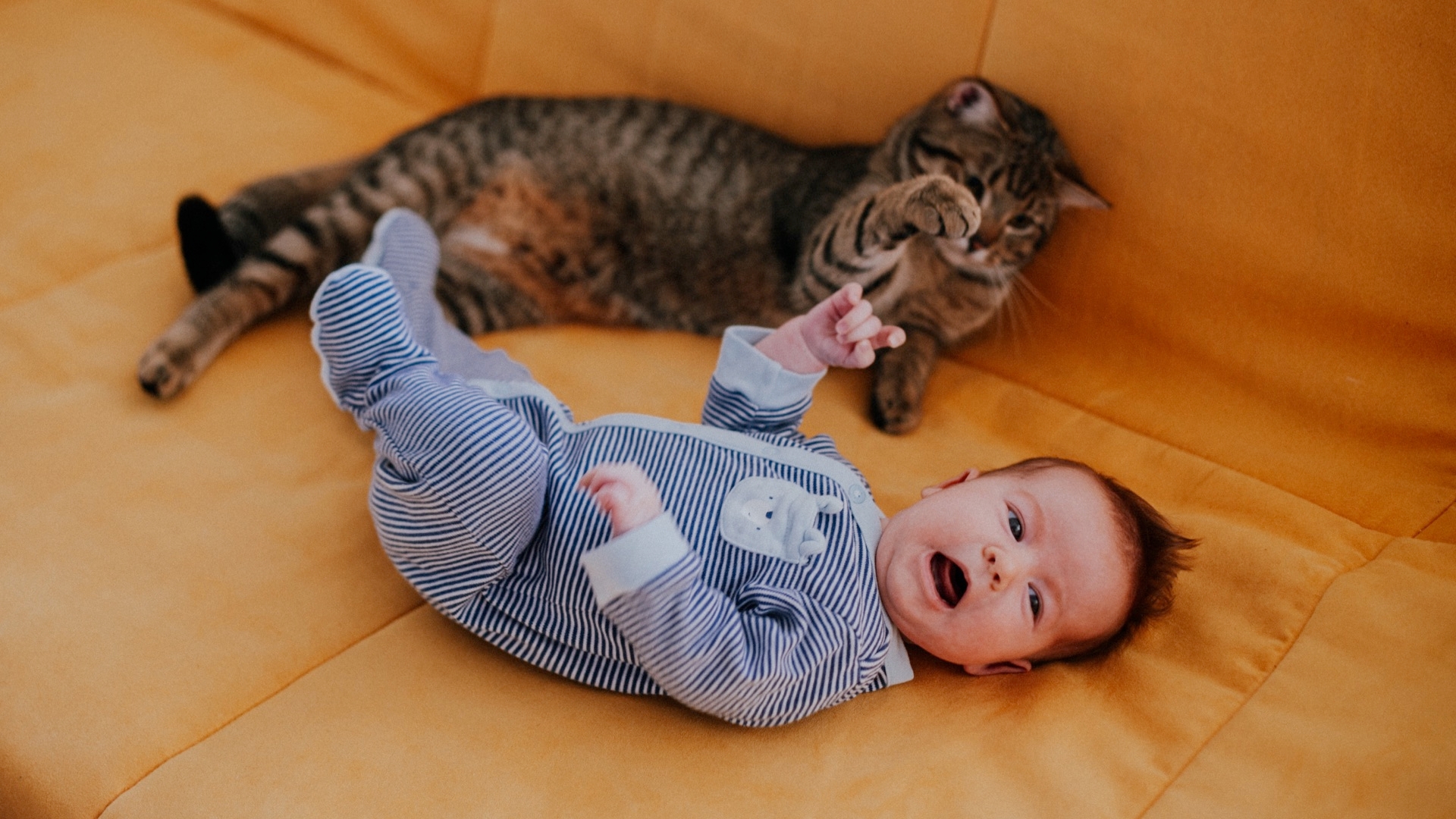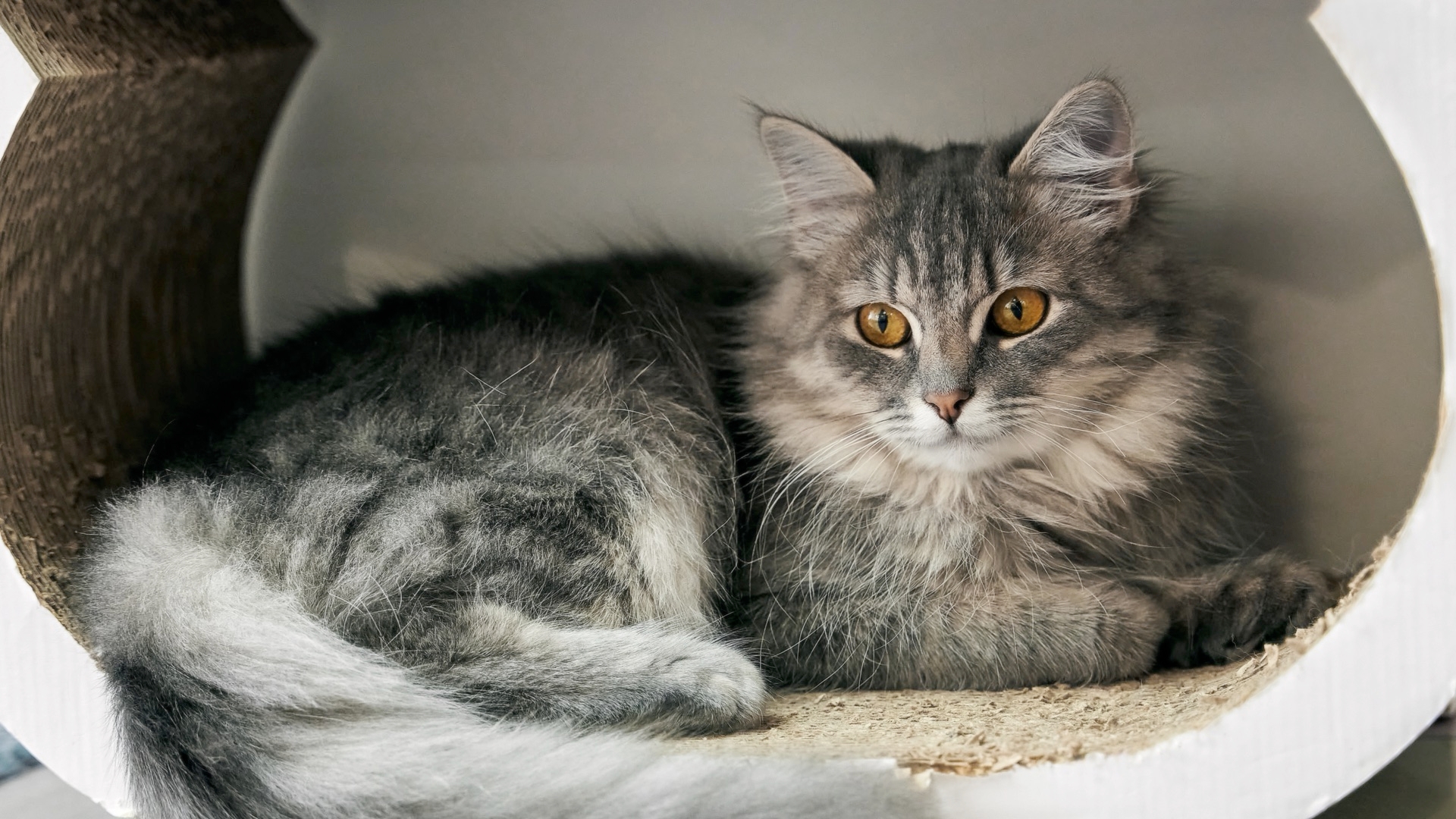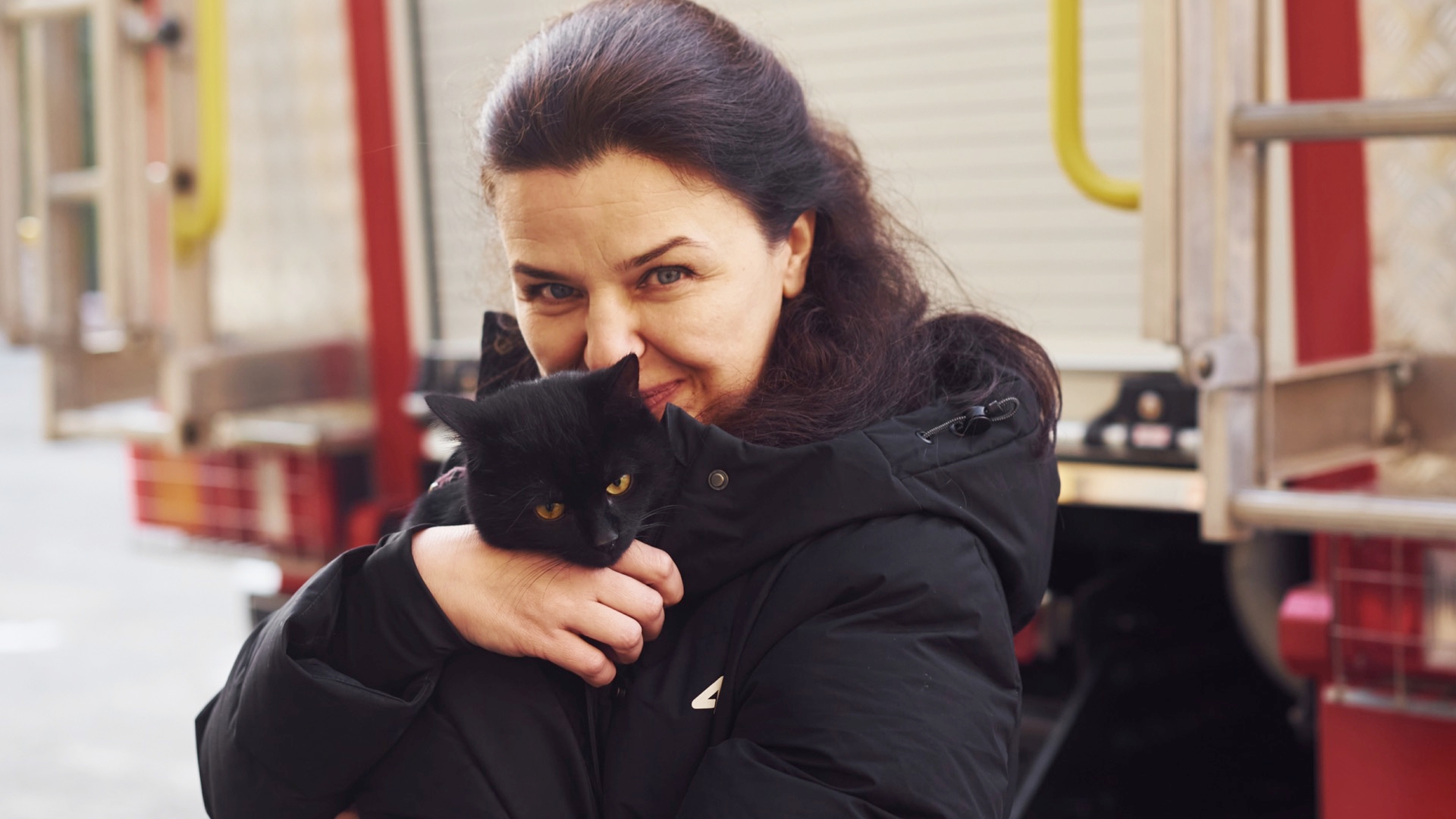Feline:
The tag "feline" relates to: body language, cat, cat body language, communication, health, kitten, pet adoption, pet health, pets, and responsible pet ownership. For more tags, view our complete tag index.
The following blog entries have been tagged "feline".
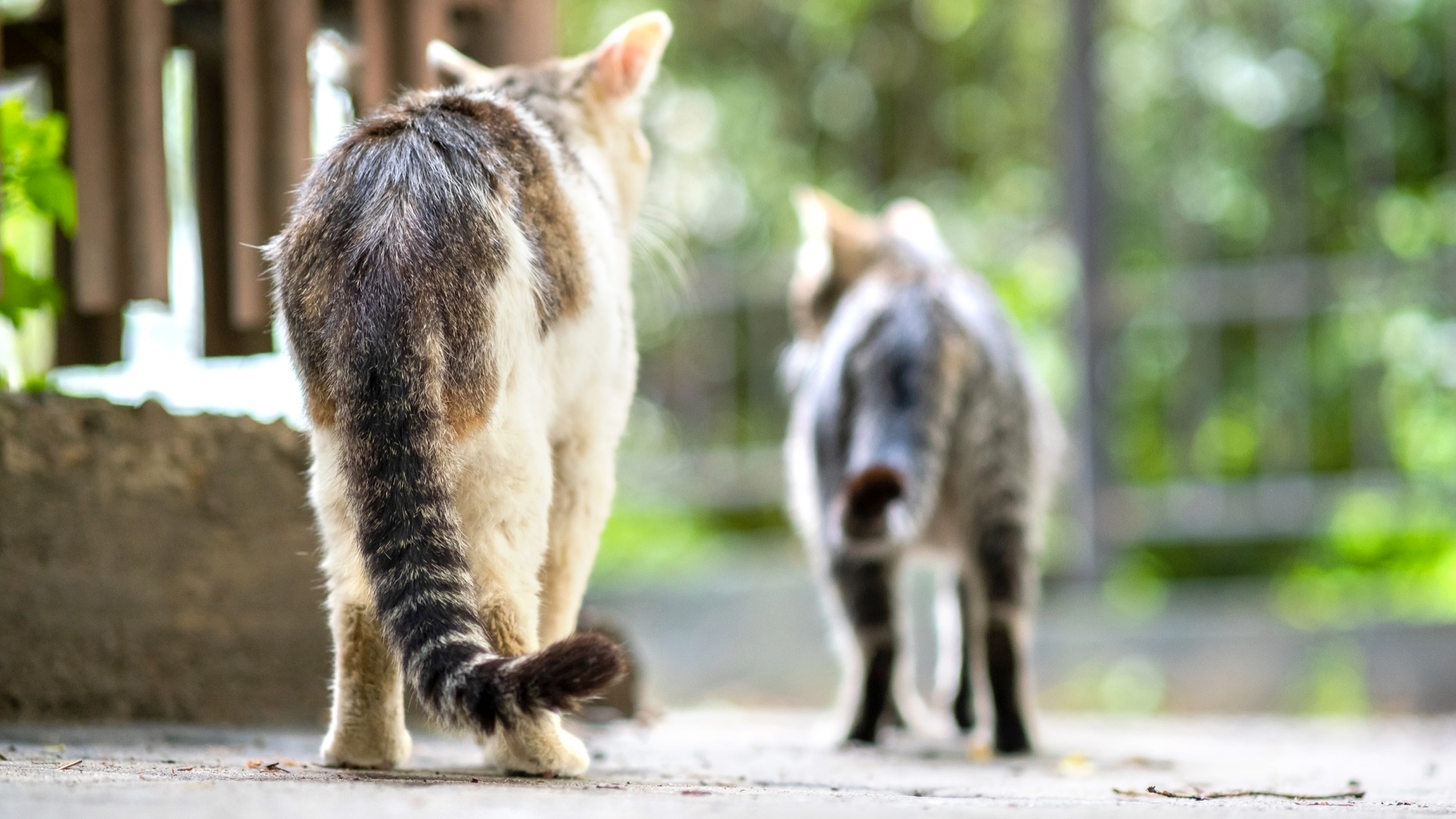
Enriching the environment for your indoor cat can help her live a happy, fulfilled life and may prevent behavioral problems. Cats love having access to multiple resources. If you have more than one cat, the need increases. Resources can include: litter boxes, food, resting spots, window perches, toys, cat trees, etc.
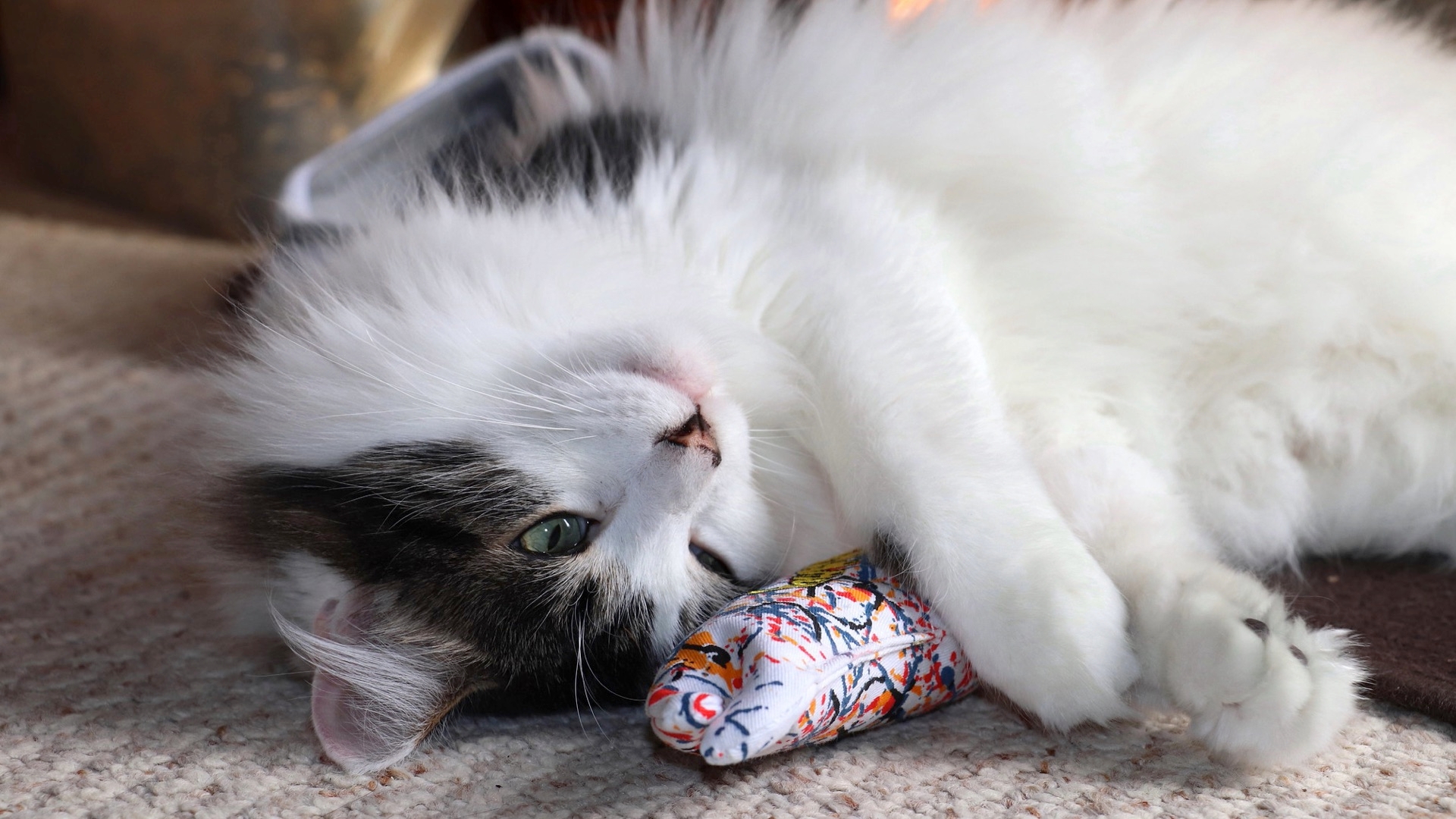
There are many factors that contribute to the safety or danger of a toy. Many of those factors; however, are completely dependent upon your cat's size, activity level, and personal preference. Another factor to be considered is the environment in which your cat spends her time. Although we cannot guarantee your cat's enthusiasm or her safety with a specific toy, we can offer the following guidelines.
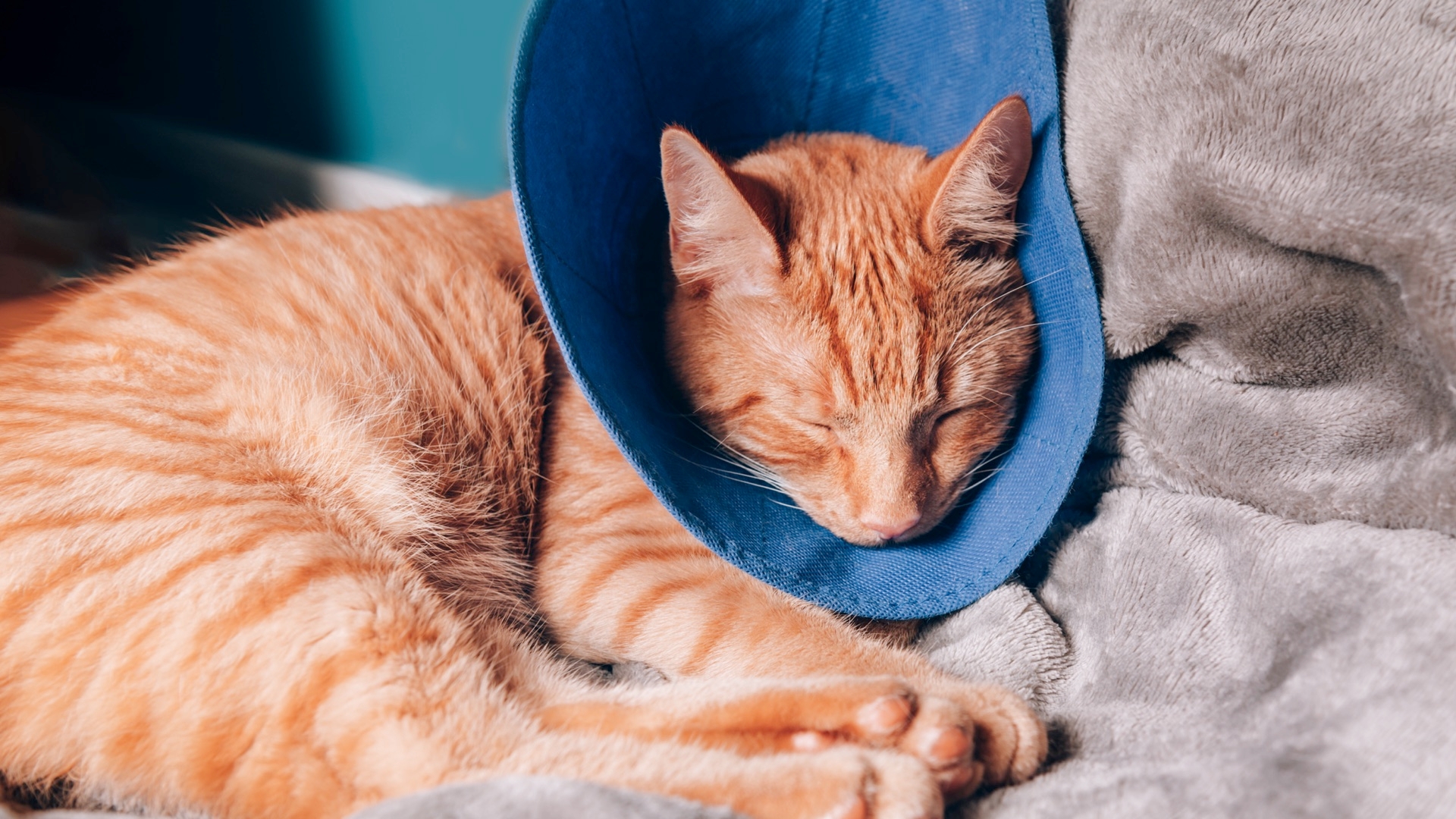
Since neutering requires surgery, it is emotionally traumatic. Handled properly, your cat will recover quickly. Let us first dispel the myths surrounding the neutering of cats. Cats do not get fat and lazy after being neutered. They get that way because of overeating and lack of exercise. Cats do not become more satisfactory pets after they have had sexual intercourse, had their first heat, or given birth to a litter of kittens.
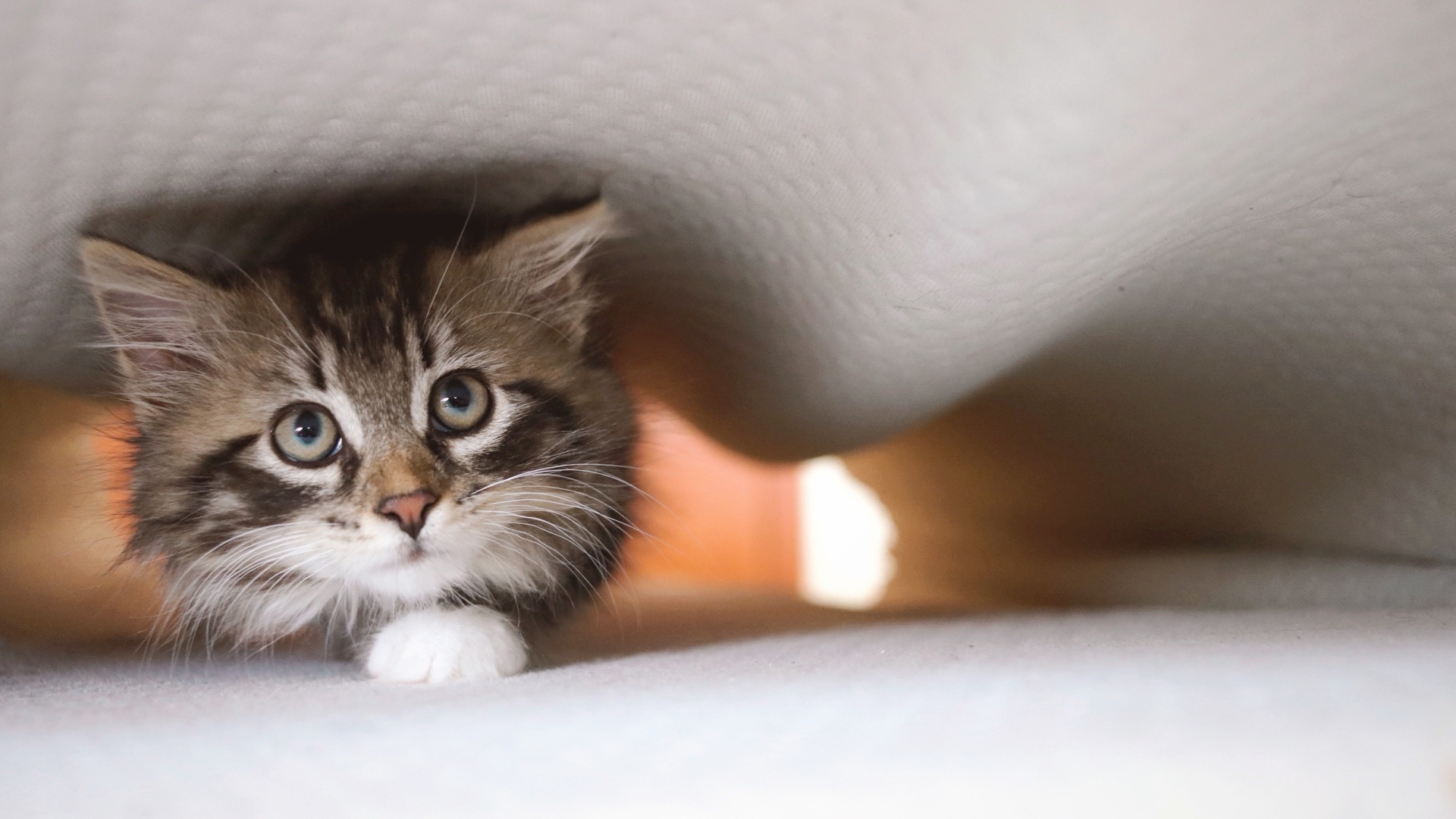
Before taking your new adoptee home and risking exposing her to any infectious disease, take her to a veterinarian for a thorough health check-up, including a test for feline leukemia, de-worming, inoculations and, if appropriate, neutering. Plan on staying home with your new kitty for several days, helping her get over the stress of the visit to the veterinarian and the move from her previous home.
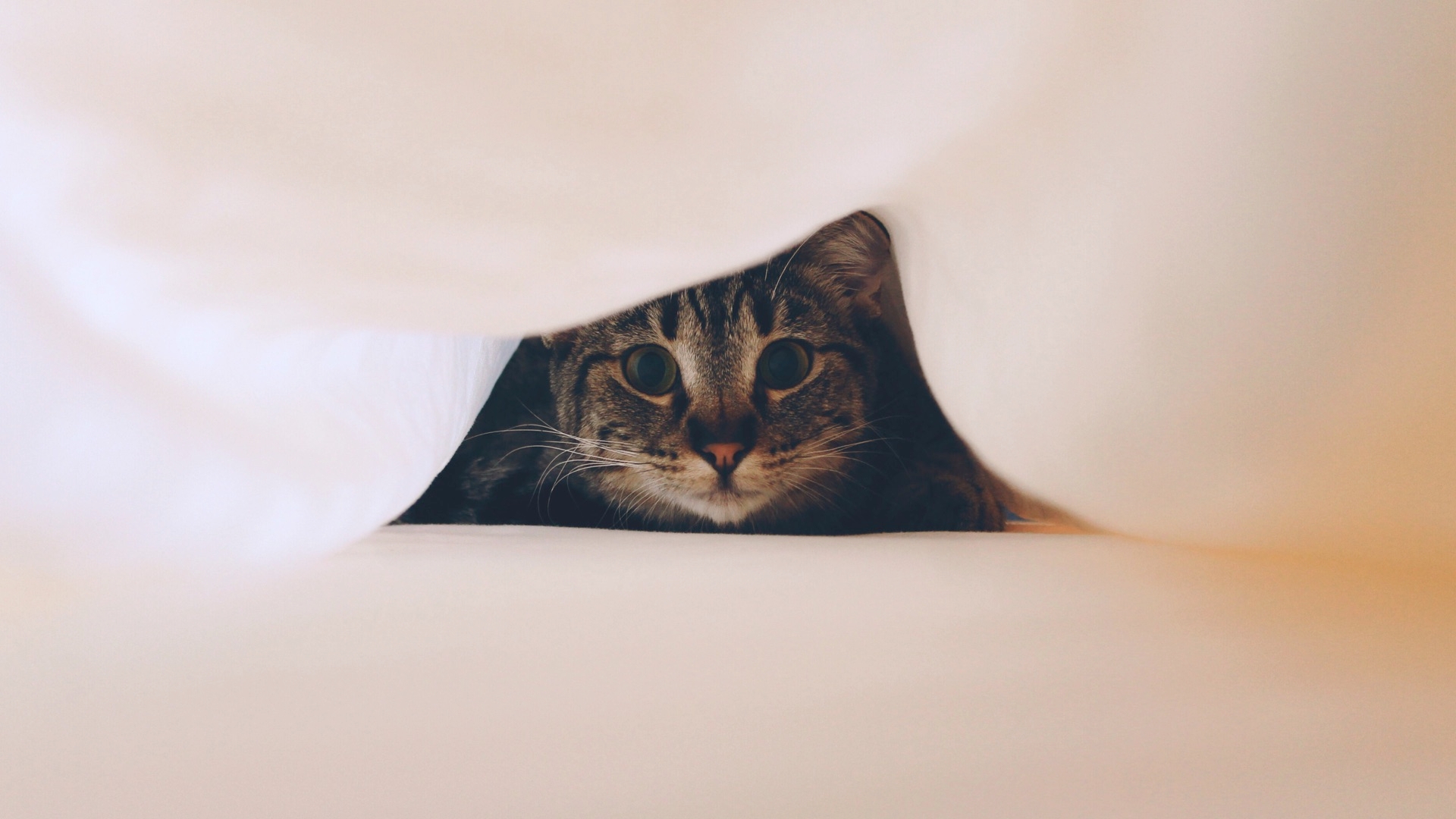
Some cats are quite traumatized by a move to a new home; others take it in stride. It is best, however, to prepare for this usually upsetting time in a cat's life. Since cats are very territorial, moving one to a new territory can be terrifying, especially if the new territory is inhabited by a number of other cats.
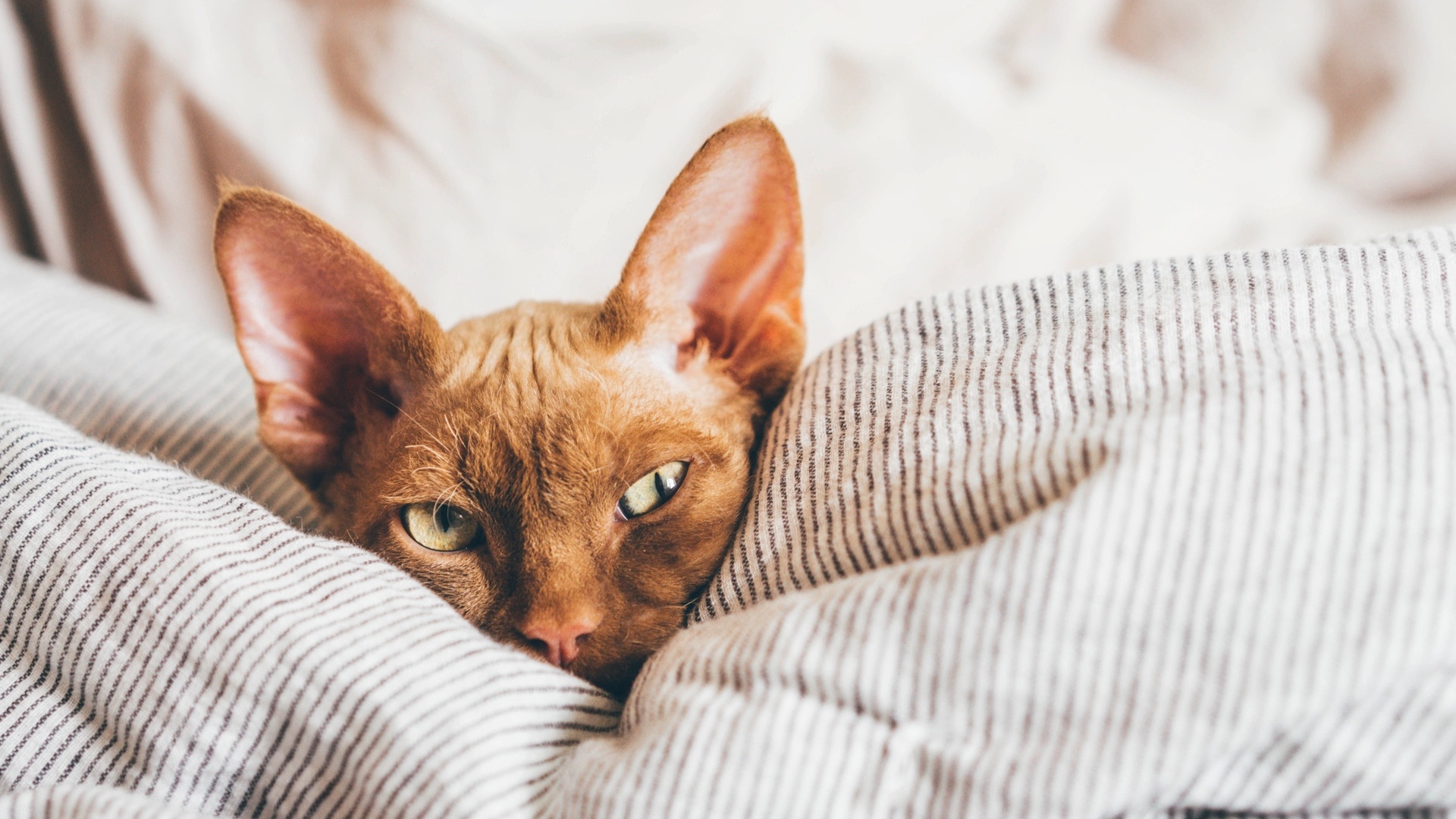
You must first decide whether or not you want a kitten or a cat. There are advantages and disadvantages to each. A kitten will adjust more easily to your lifestyle than will an adult cat. But, an adult cat will already have gone through that rambunctious, crazy period. It is easier to recognize the personality type, e.g., shy or outgoing, if the cat is half-grown or older. The most important consideration is whether or not the cat is healthy and psychologically undamaged.
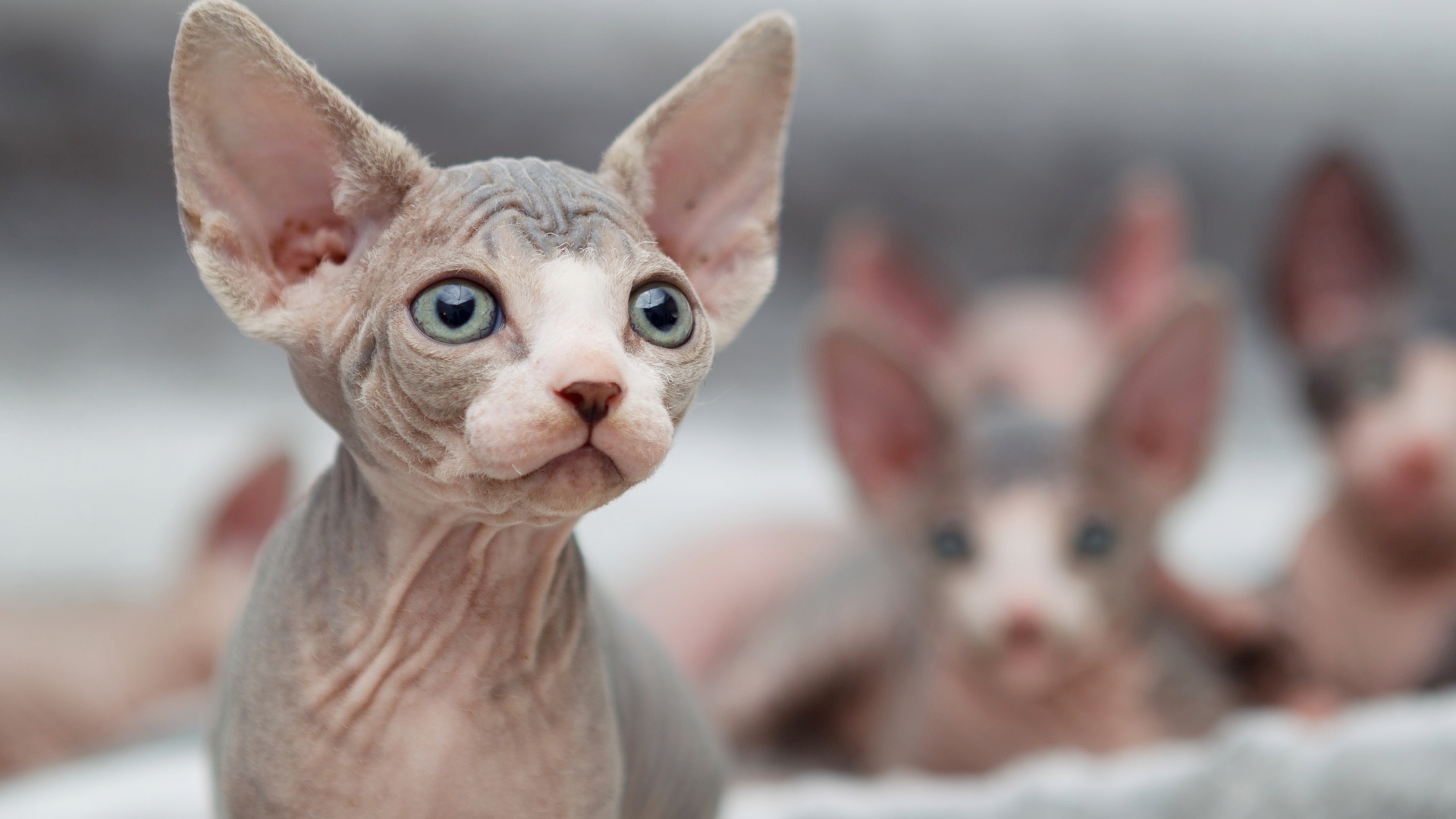
If you are already the guardian of a cat and want to adopt another, it is best to adopt one that is younger, smaller, and the opposite sex of the one you now have. Your older, larger cat will be more accepting of a younger, smaller cat. To avoid inter/male, inter/female rivalry, it is best to adopt the opposite sex.
